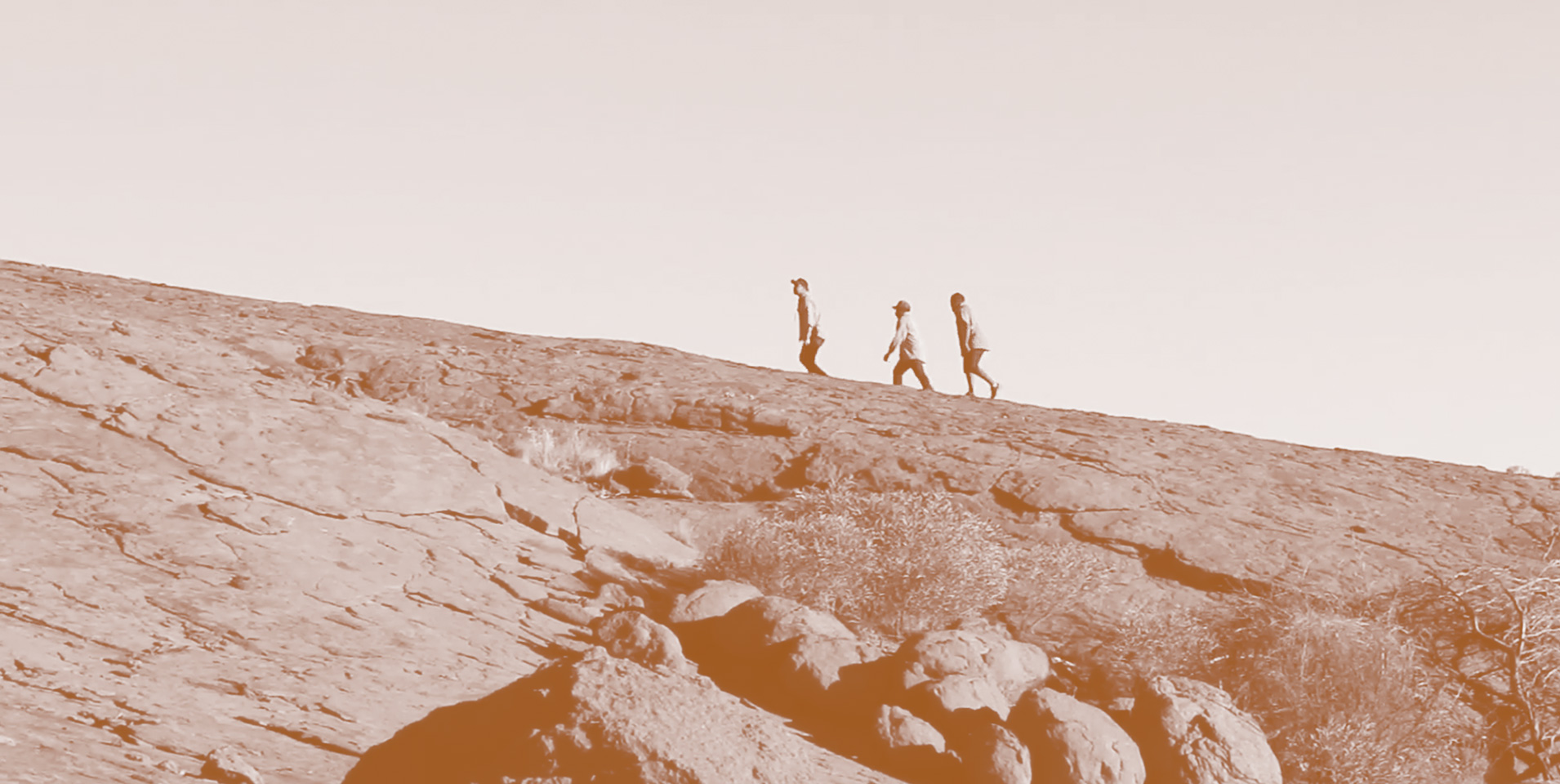
On Wednesday 18 July, Ellis Jones brought together a diverse group of changemakers to talk shared value at our second Social Impact Collaborators Event. We learnt that there are many different ways in which organisations are aligning social outcomes with business strategy so that organisations do well by doing good and promoting social change.
Opening the night was an inspirational talk from Sarah Bailey from the Shared Value Project on how shared value translates in the real world and how global developments shape the development of shared value as a concept. I then talked about my experience working with Marks and Spencer to integrate their social impact strategy within their supply chain, as well my work applying shared value thinking and social impact framing with Catch 22 (UK charity) and World Vision’s cross-sector partnership vehicle, Asia P3 Hub.
Melinda Macleod from the BHP Billiton Foundation followed, providing an in-depth case study of how their Corporate Foundation aligns with the social investment strategy of its donor to take on some of the world’s greatest sustainable development challenges that are relevant to the resources sector.
The BHP Billiton Foundation is an organisation incorporated with the sole purpose of achieving positive societal outcomes, working in partnership with civil society organisations, governments, international institutions and communities. The Foundation leverages BHP’s global networks and scale to bring about sustainable change across three signature programs Natural Resource Governance, Environmental Resilience and Education Equity.
In order to bring about long-term change, the Foundation programs are underpinned by five key principles:
- Working collaboratively across systems
- Building institutional capacity
- Developing new models to accelerate progress and impact
- Establishing the evidence base
- Advocating for change
The 10 Deserts Project.
In Australia, this philosophy is reflected in the Foundation’s partnership with Desert Support Services to support modern and traditional Indigenous land management at a local and regional level in 10 deserts across 2.7 million square kilometres of land. This project brings together nine Indigenous and conservation organizations to work collaboratively under a representative structure for Indigenous land management.
The 10 Deserts Project features diverse landscapes with sites of international significance and is culturally significant with strong traditional knowledge in the Indigenous people of the area. The deserts are also home to over 80 threatened plants and animals, such as bilbies and rock wallabies. While these deserts are relatively intact, these ecosystems and the significant cultural values they contain are under increasing threat from fire, feral animals, invasive plants and visitor impact. By supporting and empowering the Indigenous peoples that own and live in the deserts to manage the land, the Foundation is helping to improve Indigenous livelihoods and build the environmental resilience of the desert region.
The project also demonstrates how organisations can work hand in hand with government to deliver economic, social and environmental outcomes. In this case, the 10 Deserts Project works to complement and enhance highly successful government funding initiatives supporting Indigenous rangers and Indigenous Protected Areas and develop long-term sustainable financing mechanisms to bring back people into the landscape. It aims to deliver social, cultural and economic outcomes for Indigenous communities and enhance the environmental resilience of Australian deserts.
In doing so, the BHP Billiton Foundation demonstrates how a corporate charity can be a driving force in the creation and delivery of sustainable environmental change.

